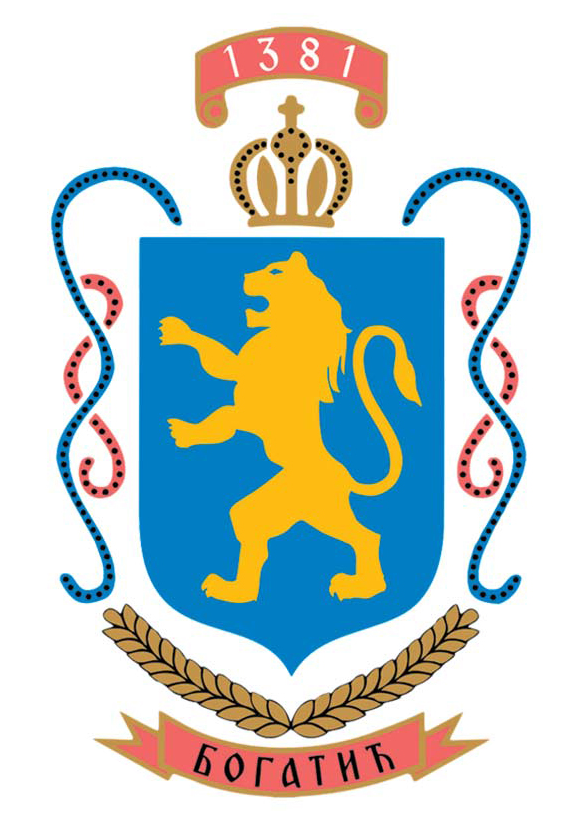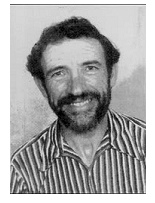BORISAV SIMIĆ
Borisav – Bora Simić Joja was born on Christ Day, 27 September 1929 in the village of Glušci in Mačva. “In the deafening silence of muddy and dusty shores” — as emphasized by Dr. Vladeta Košutić in 1967. in the Anthology of Serbian peasant poets “Cvetnik”. Misunderstood by the environment at all times, Bor was born by his mother Ljubica, born in the same village, from the Kostadinović family. He got his last name from his father Dušan, a Thessaloniki resident, who was wounded in the village of Stara Popadija, in front of Kajmakčalan. He completed only four grades of elementary school in his native village, and later read exclusively from torn newspapers, which he found hanging on thorny field bushes as a shepherd. He devoured vague and disjointed texts, always eager for new knowledge about the world. His teacher was Mihailo Đurić, an imaginative man who later joined Bori in 1939. and in 1940 taught religious studies, which fueled his imagination even more, ensuring that he would become a poet in the future. Thus, reading newspaper papers blown from thorns and thorn, he removed the Bor in Kućište from such a bush in 1953. report from “Borba” about the oldest peasant poet Živan Stevanović from Brestovac in Gruša.
When Bora read the title of the text “Serbian peasant celebrates thirty years of his literary work”, it encouraged him so much that he immediately sat down and wrote his poem for the first time in his life. …In the 1960s, together with Dobrica Erić, Darinka Jevrić, Momčila Tešić, Vukosava Andrić, Milena Jovović and Srboljub Mitić, he was represented with a large number of songs in anthologies and selections of songs edited by Dragiša Vitošević, Dr. Vladeta Košutić and others, printed in in Serbian and in Italian, French and Spanish. These are the anthologies: Orfej medju slivivam, Kragujevac, 1963, Cvetnik, Prosveta, Belgrade, Rizničari zemlje, Čačak, Mačvanska lirika, Bogatić, Posavska lira, Brčko, Anthology of songs of Šapčani and Podrinac, Šabac, 1994. and Serbian village poetry (in French, translated by poet Françoise Hahn). There are several poems and monodramas in the manuscript.



